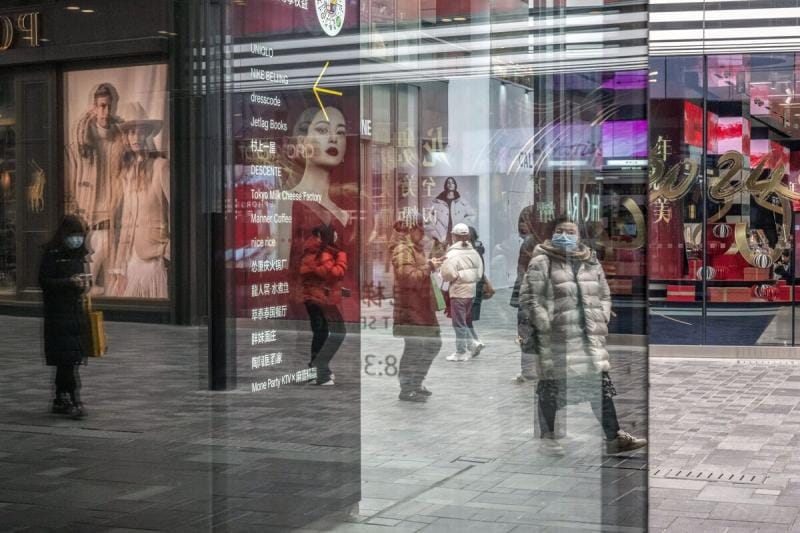
Shannon's excerpt from the article: "Bloomberg [excerpt]: #China’s consumer #prices marked their longest streak of declines since 2009, extending the deflation that may require more government support to reverse. #Exports posted their first annual decline in seven years.
The consumer price index slipped 0.3% in December from a year earlier, in line with economists’ expectations for a third straight month of declines. Factory-gate costs dropped 2.7% and have been falling for more than a year because of lower commodity prices and weak demand at home and abroad.
Chinese exports, meanwhile, fell 4.6% over all of last year in the first annual drop since 2016 — yet another knock to what has historically been a major pillar of growth for the world’s second-largest #economy. The December data shows signs of stabilization, rising 2.3% from the same month a year ago.
'China needs to act boldly to break the deflationary cycle. It will fall into a negative spiral otherwise,' said Raymond Yeung, chief economist for Greater China at Australia & New Zealand Banking Group Ltd., adding that firms have been cutting their selling prices and migrant workers have been slashing asking wages as price pressures persist.
He’s among economists predicting rate cuts to shore up domestic demand and confidence, which has remained weak over the past year. Most analysts surveyed by Bloomberg project the People’s Bank of China will on Monday lower the rate on its one-year policy loans for the first time since August, as well as inject more cash into the financial system to meet funding demands.
The sustained #deflation is also dragging down the value of Chinese exports and making them cheaper for foreign consumers. In October, the index of export prices hit the lowest in data back to 2006, and was only slightly higher in November.
Markets showed little reaction to the data Friday, with many #investors having already bet on the possibility of a policy rate cut next week.
...The pace of decline in December’s CPI figure wasn’t as severe as the prior month. Food prices fell 3.7%, slightly better than November’s 4.2% drop. Core inflation — which strips out volatile food and energy prices — was 0.6% in December, unchanged from November.
Even so, the extended negative stretch — a result of the ongoing property slump, low consumer confidence and weak exports — presents several concerns for the economy. Falling prices lead to lower corporate revenue, potentially hitting wages and profits. Deflation can also increase debt burdens and encourage consumers to delay purchases.
China’s GDP deflator, the widest measure of prices in the economy, dropped in both the second and third quarters, according to Bloomberg estimates based on official data. That was the first time the measure fell for two consecutive quarters since 2015."
#news #business

